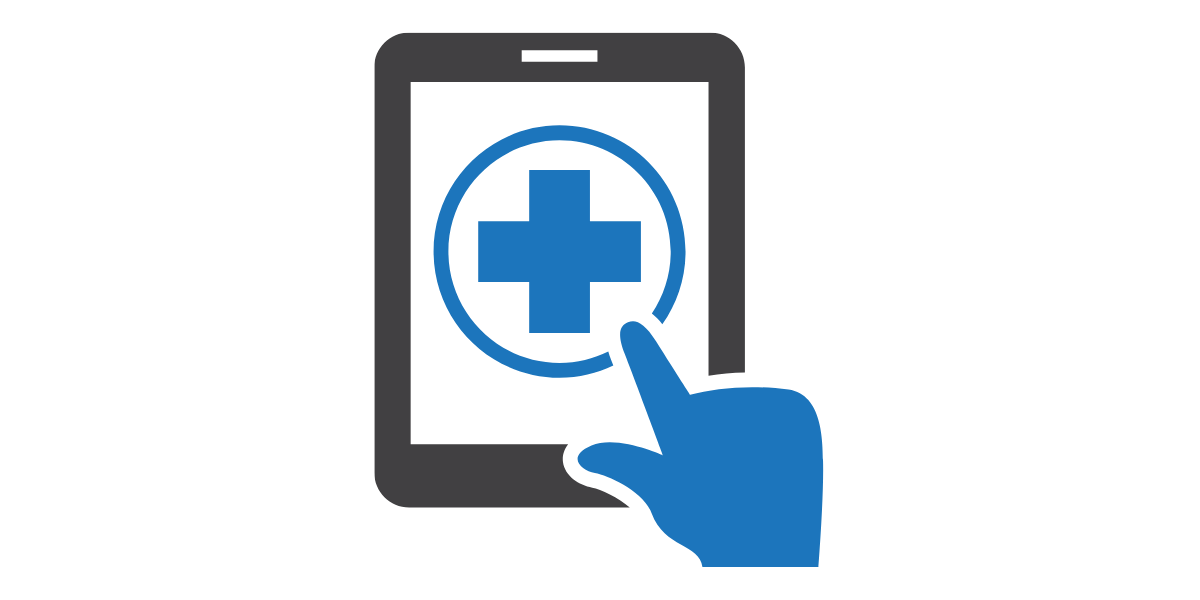
Data is everywhere, and it would be foolish not to use it to benefit various sectors and the public. Extensive information is being used by healthcare and medicine to collect and analyze data. It can improve existing technologies, as well as help, develop new ones.
Doctors will be able to make better decisions and make fewer mistakes by using big data. Data can also be used to get a better picture of the entire population and identify more significant problems that may arise after 20 years.
Below are some of the most important uses of data science within the healthcare field.
Personal
It is essential to decide the correct number of nurses, doctors, and other staff for each shift. Overstaffing can lead to higher costs while understaffing can result in fewer people being treated. Data science and machine learning can be used to identify patterns in hospital admissions over the past few years and also predict future entries. This information will assist the management in making the right shift staffing decisions.
Wearables
Wearables, which are pieces of equipment that patients can wear, are another use for data science. These devices will collect medical data about the wearer of the device. This information will be stored in a database that can be used to compare various socioeconomic factors as well as general health. The database will allow the doctor to alert the concerned person if their health is in decline.
Predictive analysis
Pre-existing data can help doctors diagnose medical problems. Doctors can use big data to predict disease in a short time frame and provide timely treatment. Electronic health records can also be beneficial in complex cases that require medical history.
Web medicine
Telemedicine has seen a significant increase in strength and improvement over the past few years, thanks to the advent of digital devices. Patients can now consult and talk with their doctors remotely via chatbots, video conference, or other means. Data science can be used to diagnose diseases quickly, even when the patient isn’t admitted to the hospital. Technology is also being developed that can perform robotic surgeries, which requires a lot of data delivery to the software.
Security
Data science can also be used to ensure that patients and hospitals are not subject to forgery. With streamlined data, frauds and inconsistencies can be detected much sooner, preventing money loss and other resource losses. Big data tools can help correct insurance procedures by preventing fraudulent and faulty insurance claims. They also ensure that patients receive compensation and hospitals are paid on time.
